A bulb, a charging port, a solar panel and a small fee paid through a cell phone are making all the difference as millions of households in Africa dump paraffin and other dirty fuels.
Off-grid solar finance companies with “pay as you go” solutions are also striking a chord with urban consumers looking to cut energy costs and upgrade their home appliances.
This business model enables low-income customers to finance home solar systems and other related appliances, without collateral. Appliances offered by solar providers include solar-powered TVs, radios, refrigerators, cookers, smartphones, tablets and tech products, with loans and hospital bill financing recently added to some services.
Mobile money helps solar firms collect payments from customers in far-flung areas, making it easier for them to tap the bottom end of the population pyramid.
A World Bank Off-Grid Solar (OGS) Market Trends Report 2022 released in early October notes that specialised payment collection companies such as Glichery Limited in Kenya facilitate the collection of these payments, allowing so-called “paygo” firms to outsource the service.
In countries that suffer constant power fluctuations and outages, such as Nigeria, the OGS has become a panacea for many micro, small and medium enterprises (MSMEs).
“Real-time energy use tracking in Nigeria reveals that, at their current rate of energy consumption, over 50% of MSMEs could be serviced by an off-grid solar system of 300Wp or below,” reads the World Bank report. Watt-peak (Wp) refers to “the maximum electrical power that can be supplied by a photovoltaic panel under standard temperature and sunlight conditions”.
Globally, there were 261 quality-verified solar lanterns and solar home systems from 67 brands listed in 2021 by independent quality assurance program VeraSol, up from 201 products from 51 brands in 2019. Many of these target users in Africa.
With just eight years left to achieve the global 2030 goal of universal access to electricity, African governments are increasingly embracing the OGS as a viable electricity access solution for rural populations.
A McKinsey report, Solar, says the systems can serve homes that are too remote and too poor, or whose energy consumption is too low to make a grid connection economical.
With that in mind, governments are offering incentives to paygo firms, even as more countries plan on-grid investments.
“Since 2020, Senegal, Mali, Benin and Liberia joined other countries in sub-Saharan Africa, and more around the globe, in providing VAT or duty exemptions for solar energy kits and components, while several countries have expanded border tax exemptions to productive use technologies,” states the World Bank.
“Mali, Senegal and Sudan included solar water pumps in their exemptions and Liberia exempted SWPs among a full range of other solar equipment and DC appliances. Similarly, Togo’s Cizo programme provides border tax exemptions for SWPs from Off-Grid SolarTechnical Assistance & Capacity Building Rwanda eligible providers.”
International Renewable Energy Agency figures show that off-grid renewable energy provides electricity to more than 60-million people in Africa. More than half use small solar lights and a quarter use solar home systems with the capacity to power lights, cellphones and radios.
After pandemic shocks, paygo firms’ balance sheets are stabilising as demand rebounds.
“In West Africa, sales grew despite the Covid-19 pandemic. Strong growth in Nigeria is the driver behind this trend,” the World Bank said. “Similarly, although more nascent, key markets in Central Africa, such as Cameroon, have remained on a growth trajectory throughout the Covid-19 pandemic.”The World Bank forecasts that solar mini-grids will provide high-quality uninterrupted electricity to nearly half a billion people in unpowered or underserved areas globally, by 2030. — bird story agency

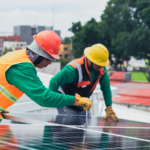
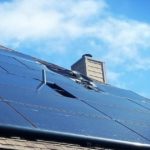

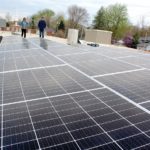
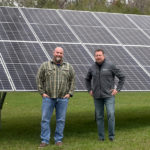
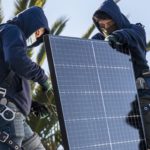
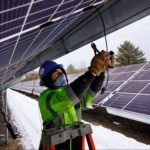
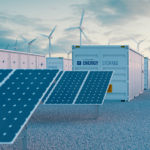
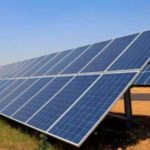


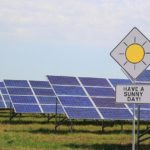
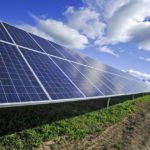

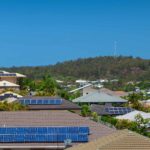
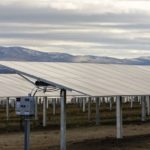




Recent Comments